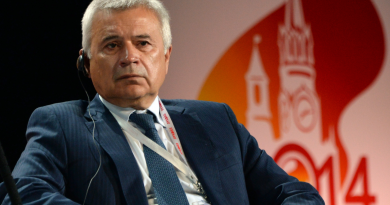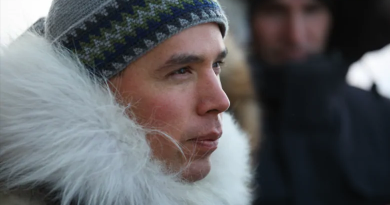Nunavut declares suicide to be a crisis — again
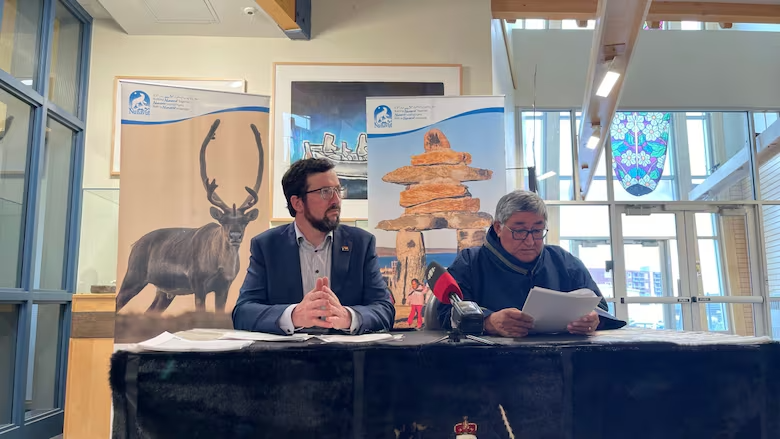
Gov’t and NTI declare suicide a crisis — but stop short of calling it a public health emergency
The government of Nunavut and Nunavut Tunngavik Inc. (NTI) have re-declared suicide to be a crisis, mirroring a move the territory made a decade ago.
The declaration was one of 32 recommendations from a coroner’s inquest in April. That inquest looked into the circumstances around the death of George Arlooktoo, 28, during a confrontation with RCMP officers in Kimmirut six years ago. The inquest jury found that Arlooktoo died by suicide on Feb. 9, 2019, from multiple stab wounds to his neck.
John Main, Nunavut’s health minister, said Wednesday the declaration now is an opportunity to refocus the government’s efforts on the territory’s fourth suicide prevention plan.
“We are still in a crisis. It is a crisis, it meets the definition absolutely,” he said.
“We want to make sure that [the action plan] is implemented in an aggressive manner that recognizes the fact that we are in a crisis here, and the fact that this cannot continue.”
In 2024, 32 people died by suicide in the territory, according to the chief coroner’s office. That’s on par with the average over the past decade. The territory has the highest rate of deaths by suicide in the country.
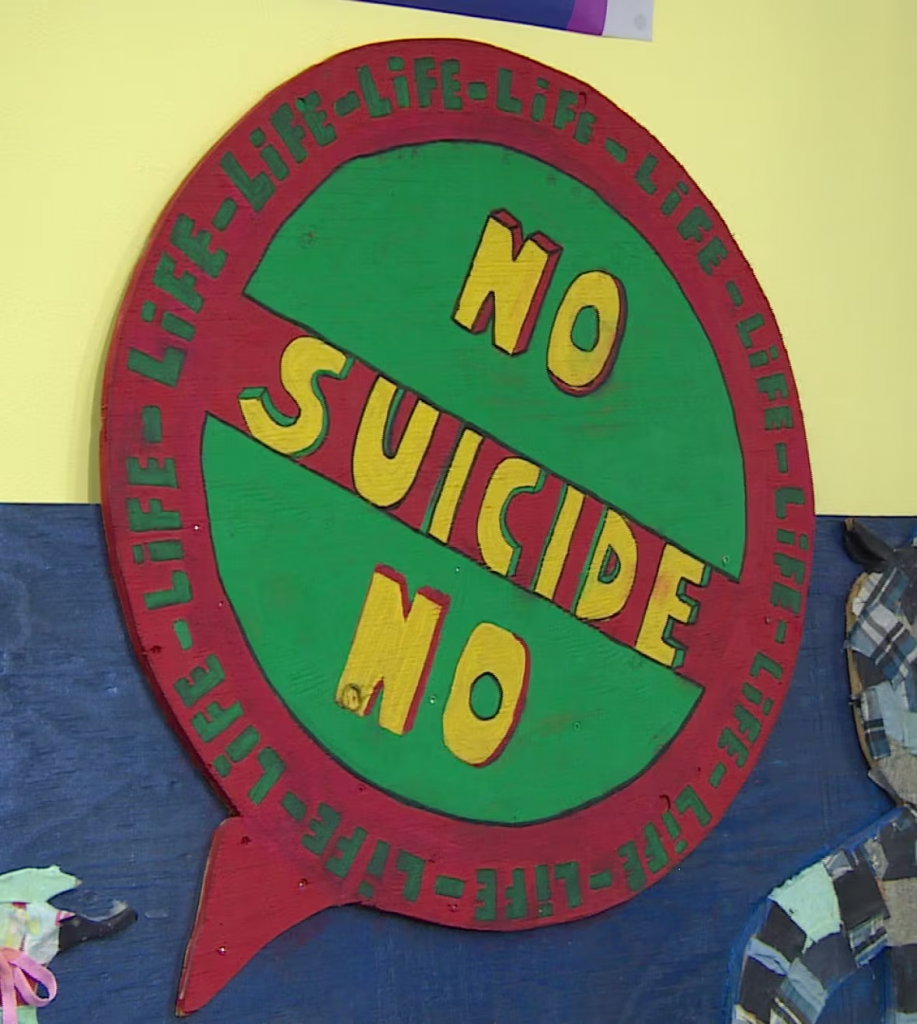
NTI vice-president Paul Irngaut said suicides have continued despite their best efforts but the focus now has to be on the future.
“Suicide prevention is not a checklist. It’s not judged by success or failure,” he said.
“We can’t just say why didn’t it happen a long time ago or why can’t it happen now. I mean, it’s an ongoing issue and the more we deal with this, the less suicides there will be.”
Public health emergency not deemed ‘best approach’
Former premier Peter Taptuna’s government declared suicide a crisis in October 2015 — two years after the territory saw a record high number of people taking their own lives. The move came after another coroner’s inquest that year which called for suicide to be declared a public health emergency.
The Nunavut government has again stopped short of declaring a public health emergency. Under the territory’s public health act, doing so would have granted the territory’s chief public health officer special powers, including striking new agreements with the federal government and procuring medical aid.
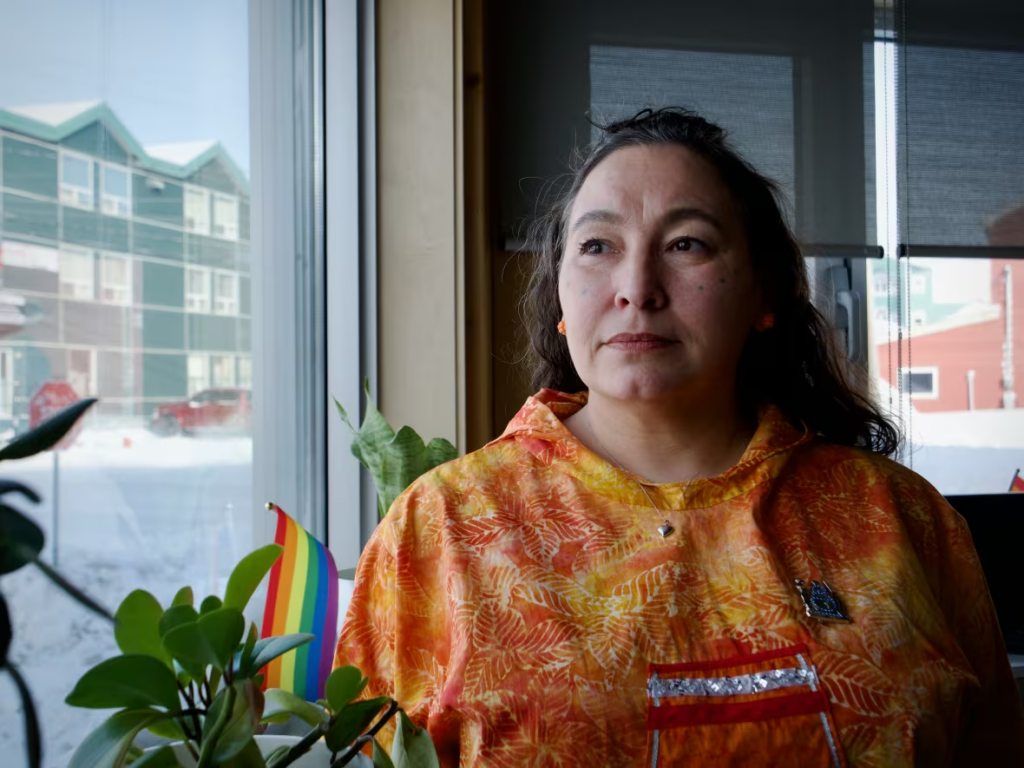
For years, Iqaluit-Sinaa MLA Janet Pitsiulaaq Brewster has pushed for an emergency declaration.
“What we hear on a regular basis from the government of Nunavut is that one of the other crises that we are in is a lack of human resources,” she said.
“A public health emergency in this crisis could bring so many resources in order to fully implement that action plan.”
Main said his department looked into declaring an emergency, but the chief public health officer determined it was not the “best approach”. He did not elaborate further.
However, he said suicide prevention is a multi-faceted issue that demands a complex response.
“Some people have a very narrow view of suicide prevention and think of a counselor and a patient … but it’s much broader than that,” he said.
“It’s child protection, it’s housing, it’s anti-bullying, it’s providing supportive services to those who have mental health needs when they need them. It’s more Inuktitut to be used in mental healthcare.”
Need to change crisis response
Brewster believes right now, the default response to somebody in crisis is to send the police, which she believes needs to be changed.
“If we’re sending police in to check on people when they are in a mental health crisis, that can create more of a crisis for the individual because it creates fear,” she said.
She noted that one of steps outlined in the territory’s action plan is to provide suicide training across Nunavut’s communities, though she said there isn’t a clear commitment in the plan about how that will be achieved.
“What’s most important is effectively arm community members with the ability to walk each other through this ongoing crisis,” she said.
The jury in the coroner’s inquest in April made 32 recommendations. Main said there will be a more detailed response coming on the remaining ones, as they require input from multiple other agencies and departments.
Next week, Main plans to hold a meeting with partners to discuss how to advance the suicide prevention strategy and where they should target funding and resources.
While the crisis declaration isn’t legally binding, he said there are ways for Nunavummiut to hold the government accountable.
“Judge us by our actions: how many mental health staff do we have on the frontlines, how many shelters we have or spaces for youth, how many services we have available for children in need around social services,” he said.
If you or someone you know is struggling, here’s where to look for help:
- In Nunavut and Nunavik, reach the Kamatsiaqtut Help Line 24/7 at 1-800-265-3333 or 867-979-3333.
- Talk Suicide Canada: 1-833-456-4566 (phone) | 45645 (text between 4 p.m. and midnight ET).
- Hope For Wellness Helpline: 1-855-242-3310 (phone, available in Inuktitut, Cree and Ojibway upon request).
- Kids Help Phone: 1-800-668-6868 (phone), live chat counselling on the website.
- Canadian Association for Suicide Prevention: Find a 24-hour crisis centre.
Related stories from around the North:
Canada: N.W.T. MLAs call on government to take immediate action on suicide prevention, CBC News
Finland: Climate change worries Finland’s young reindeer herders, Yle News
United States: Craft space aims to teach Alaska Indigenous women skills — and help beat addiction, Alaska Public Media


